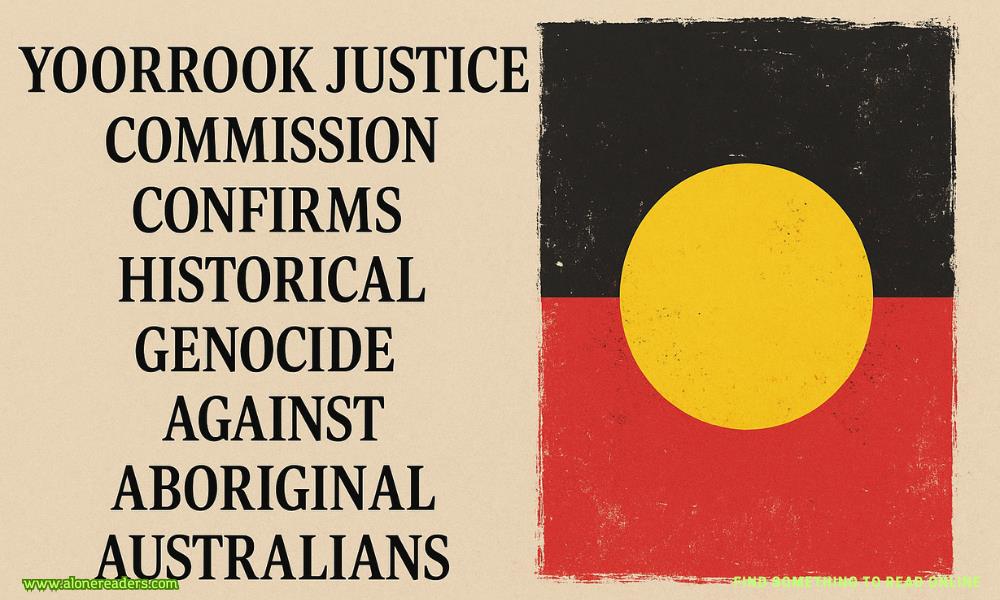Page 54 of 10 Things That Never Happened
To make matters worse—and I’m not going to admit this to him because he’ll worry or at least get controlling with it—I’m getting a bit tired, and it’s a level of tired I can’t quite convince myself has nothing to do with the concussion I had recently. So it’s probably a good thing Jonathan’s with me. I don’t think I’m about to collapse or anything, but people get out of his way. Even Londoners get out of his way and those people don’t even stop for fucking trucks. It’s embarrassing to admit but it makes me feel kind of safe like, although, since he’s the reason I got the concussion in the first place, that might just be the Stockholm syndrome again. In any case, he’s the reason I don’t get jostled in a place that’s otherwise very jostley.
Most cities, in my experience, have certain bits that you only go to if you’re reallyreallyfrom there or reallyreallynot, and Portobello Road is one of those bits. So Jonathan’s guiding us through a bustling street market whose brightly coloured stalls arepopulated entirely by tourists buying tat with Union Jacks on and steely-eyed locals haggling fiercely over the price of teacups. It’d be pretty overwhelming even if I didn’t have a concussion because, even though neither Liverpool nor Sheffield are what you’d call small towns, London just has an intense in-your-face Londoniness that you’re either about or you’re not, and I think I’m definitely not.
It’s not that I don’t appreciate it. There’s something kind of timeless here, with the fronts of the houses all painted up like a rainbow and the shops and the pubs spilling out onto the pavement in a merry chaos. The thing is it just doesn’t feel like home. Then again, as Jonathan keeps pointing out, neither does home these days.
Fortunately, Jonathan knows exactly where he’s going, and we weave past displays of bric-a-brac, racks of scarves, and pallets of fresh fruit and veg, until at last we spot Del in the middle of what seems to be a very serious conversation with a man at an antique stall. They’re both wearing flat caps and identical navy-blue fleeces.
“Vernon,” Del’s saying. “Vern. Mate. When have I ever steered you wrong?”
Vernon-Vern-Mate folds his arms. “All the bloody time, mate.” He’s got a trace of a Jamaican accent under the thick layer of London.
“Look, I swear I never knew them carriage clocks was—Jonathan.” Del turns to us, grinning. “Vern, you remember Wendy’s boy, Jonathan. The one what’s got them three superstores in three different cities.”
“No,” Vernon grins, “never heard of him because you never mention him at all.” He reaches out and shakes Jonathan firmly by the hand. “Good to see you again. What have you been doing with yourself?”
Jonathan’s different here—still not warm exactly, still not the kind of person you’d bring to a party and not expect to ruin it, but like he’s on his best behaviour. Like when you’re six and you’re out visiting a family friend. “Working mostly—I’m afraid it’s all administration these days. In a lot of ways I miss getting my hands dirty.”
That makes Vernon laugh a loud, nostalgic laugh, then he puts an arm around Jonathan’s shoulder and turns to me. “This boy,” he says, pointing at Jonathan and grinning, “when he was fourteen, he used to come and help me out on the stall and I swear he could sell anything to anybody.”
Jonathan almost blushes. “I was just very persistent.”
From what I’ve seen, he still is. And maybe that’s not always a bad thing.
“You hang onto him,” Vernon tells me, “he’s a good one.”
“He’s not actually—” I begin, but don’t get to finish because Barbara Jane, wearing a different set of oversized sunglasses and a bright red jumper readingMerry Christmas Ya Filthy Animalbursts out of the crowd and starts indiscriminately hugging people.
“Vern,” she cries, “it’s been bloody years.”
“I know, and somehow I don’t look a day over twenty. Love the jumper.”
“Thanks.” She tugs at the collar. “Nine fifty off a stall just up the way.” She points behind her. “She started at twelve but I beat her down.”
Del pats her on the back. “Good girl. Though if it was Crissy she’d have done it for eight quid flat if you’d stuck to your guns. Now”—he turns back to Vernon—“about this crystal.”
With an expression of great scepticism, Vernon picks up a cut glass decanter and turns it over in his hands. “If this is Victorian, Del, I’m a fucking Scotsman.”
“Fair spot. Itmightbe Edwardian.”
Vernon peers closer at the markings on the ambiguously-antique item of glassware. “I’m pretty sure it’s from Debenhams.”
“So? Debenhams was around hundreds of years till it went under.”
“I think they’re selling them on their websitetoday.”
“Classic design.”
I didn’t notice Les showing up, but I notice him now. “Del,” he says quietly, “stop trying to flog Vernon a job lot of dodgy glassware. We’ve got to pick up this tree you bought without telling us.”
“The tree’s a bargain and the glass is fine.” Del’s still mostly talking to Vernon. “Sleep on it, I’ll catch you tomorrow.”
Vernon makes some very noncommittal noises about thinking it over, and then the various members of Jonathan’s family make their way across the road to a white van parked in a space that should probably have been reserved for an actual stallholder. Since Jonathan and I are very slightly slower off the mark than the others, the seats in the front go quickly and we’re left bundling into the back, sitting opposite each other on low benches without seatbelts. There’s things all over the floor. Boxes and boxes ofthings,all of them—I’m sure—soon to be sold for a healthy markup.
“Could you not,” Les is saying as we pull out, “lay off the barrow boy routine for one day while we get Christmas sorted.”
“How about you stay out of my business, and I’ll stay out of yours?”
“You won’t, though, will you?”















